
Nikk Ogasa is a staff writer who focuses on the physical sciences for Science News, based in Tucson, Arizona. He has a master's degree in geology from McGill University, where he studied how ancient earthquakes helped form large gold deposits. He earned another master's degree in science communication from the University of California, Santa Cruz. His stories have been published in Science, Scientific American, Mongabay and the Mercury News, and he was the summer 2021 science writing intern at Science News.

Trustworthy journalism comes at a price.
Scientists and journalists share a core belief in questioning, observing and verifying to reach the truth. Science News reports on crucial research and discovery across science disciplines. We need your financial support to make it happen – every contribution makes a difference.
All Stories by Nikk Ogasa
-
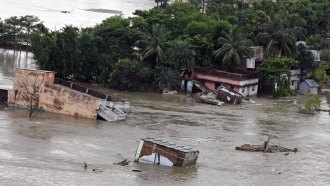 Earth
EarthWhat leads rivers to suddenly change course?
An analysis of satellite data could help predict where rivers will change their course and where their rerouted flows will go.
-
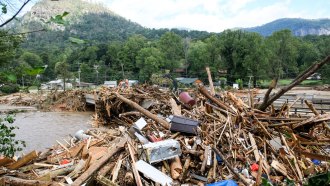 Climate
ClimateWhy Hurricane Helene was so devastating
The tempest caused record-breaking storm surge on the coast and widespread and deadly flooding and debris flows in the Appalachian Mountains.
-
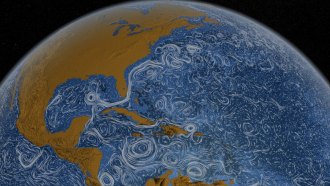 Oceans
OceansA vital ocean current is stable, for now
The Florida Current, a major contributor to a system of ocean currents that regulate Earth’s climate, has not weakened as much as previously reported.
-
 Physics
PhysicsX-rays from nuclear blasts could defend Earth from asteroids
The X-ray pulses could deflect asteroids up to 4 kilometers wide, a new study suggests.
-
 Environment
EnvironmentA biogeochemist is tracking the movements of toxic mercury pollution
Exposing the hidden movements of mercury through the environment can help reduce human exposure.
-
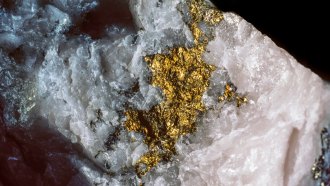 Earth
EarthHow earthquakes build beefy gold nuggets
The strain imparted by an earthquake can generate voltages in quartz veins that stimulate the mineralization of gold.
-
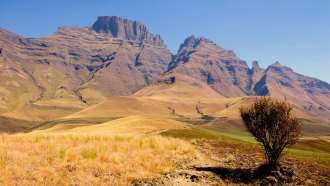 Earth
EarthMantle waves buoy continents upward and bedeck them with diamonds
A phenomenon occurring deep underground may explain how vast plateaus form far away from tectonic plate boundaries.
-
 Climate
ClimateThe world’s record-breaking hot streak has lasted 14 months. When will it end?
Science News spoke with NOAA climatologist Karin Gleason about the ongoing record-breaking streak of record-high global temperatures.
-
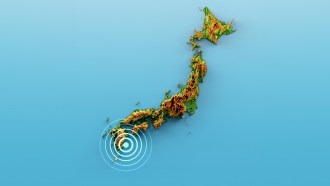 Earth
EarthWhy Japan issued its first-ever mega-earthquake alert
After a magnitude 7.1 temblor jolted southern Japan, the chances of a subsequent, larger quake occurring in the next week had slightly increased, experts said.
-
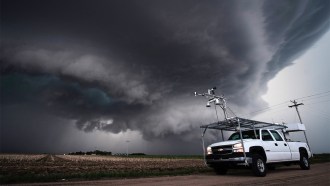 Earth
EarthSquall line tornadoes are sneaky, dangerous and difficult to forecast
New research is revealing the secrets of these destructive twisters, which dodge radar scans and often form at night.
-
 Climate
ClimateClimate change is driving the extreme heat baking France’s Olympics
In this week’s Extreme Climate Update, we look at record-breaking temps around the world and explain what the heat index is.
-
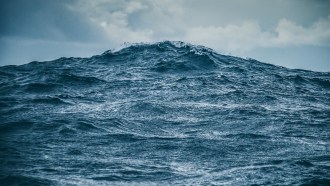 Oceans
OceansThis AI can predict ship-sinking ‘freak’ waves minutes in advance
The model, which was trained on data from ocean buoys to identify potential rogue waves, could help save lives.